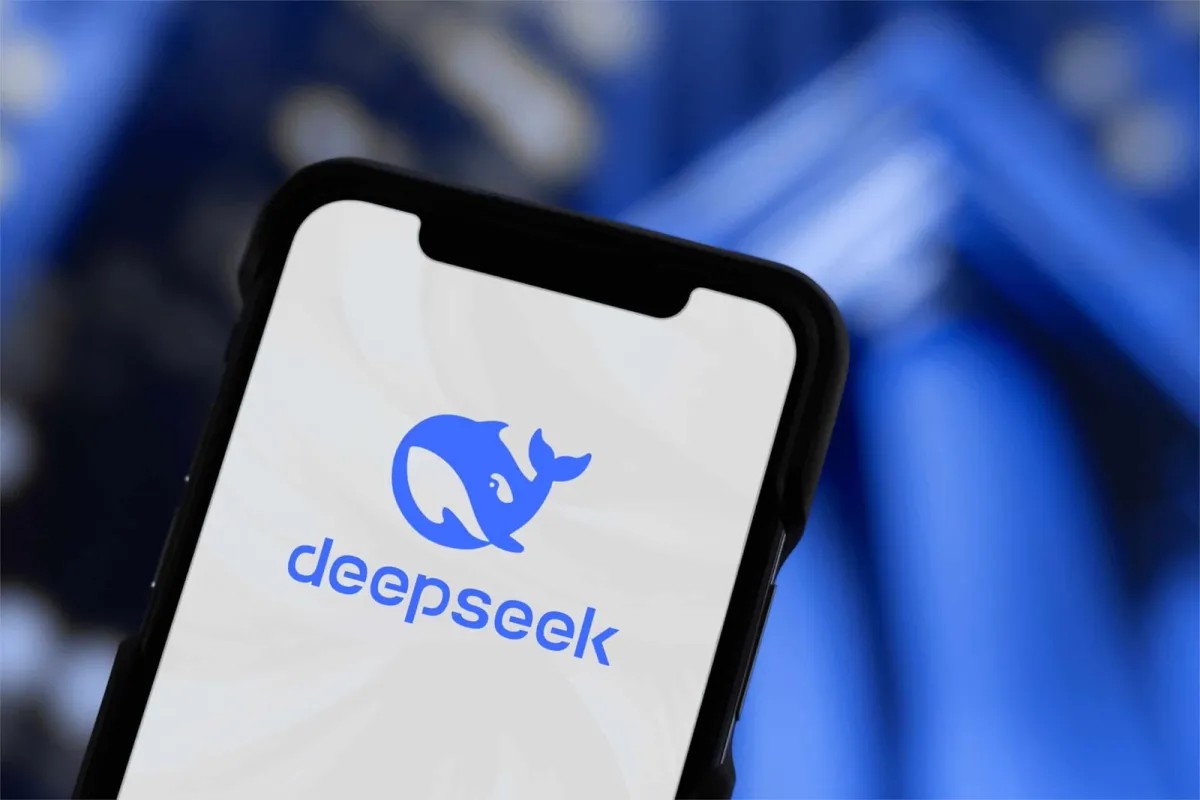Washington, D.C. — In an escalating effort to counter potential cybersecurity threats posed by foreign-developed artificial intelligence, a bipartisan group of U.S. lawmakers is introducing new legislation aimed at banning DeepSeek, a Chinese-developed AI chatbot, from use on all government devices. Representatives Darin LaHood, a Republican from Illinois, and Josh Gottheimer, a Democrat from New Jersey, are leading the charge in Congress, arguing that allowing DeepSeek to operate within federal networks could expose the United States to security breaches and foreign surveillance.
The proposed legislation, expected to be formally introduced on Friday, mandates that all federal agencies identify and remove DeepSeek and any related software developed by its parent company, High Flyer, within 60 days. The bill reflects mounting fears in Washington that China’s AI advancements could provide an avenue for state-backed espionage, especially given the strict cybersecurity laws in China that compel companies to cooperate with government data requests.
DeepSeek has recently emerged as a disruptive force in the AI industry, drawing global attention with the launch of its R1 model, which rivals some of the most sophisticated AI systems developed in the United States. The model’s rapid success, achieved despite restrictions on China’s access to the most advanced U.S.-made AI chips, has raised concerns in policy circles that American technological leadership in artificial intelligence is at risk of being challenged.
The move to ban DeepSeek follows similar actions taken by key U.S. allies, including Australia, Italy, and Taiwan, all of which have placed restrictions on Chinese AI technology over fears of potential national security risks. Critics of DeepSeek argue that, like other AI-powered tools, the chatbot could collect and analyze sensitive information from users, making it a potential tool for intelligence gathering. Cybersecurity expert Adrianus Warmenhoven of NordVPN issued a statement warning that any data shared with the platform could be accessed under China’s cybersecurity regulations, heightening fears that confidential government communications could be compromised.
DeepSeek has yet to respond to the proposed U.S. ban or the security concerns raised by lawmakers. The proposed legislation draws direct comparisons to past efforts aimed at curbing the influence of Chinese-owned technology firms, most notably TikTok, the social media platform owned by ByteDance. Since 2022, TikTok has faced bans on government devices due to concerns that its China-based ownership structure could expose American user data to the Chinese Communist Party. ByteDance is now under immense pressure to divest from TikTok or face an outright ban in the United States, with a 60-day deadline fast approaching.
Representative Gottheimer emphasized that the United States must take a proactive stance against potential digital threats posed by Chinese technology firms. “We have seen how the Chinese Communist Party manipulates technology to serve its own interests,” he said in a statement. “We cannot afford to take risks when it comes to our national security. DeepSeek is just the latest example of how foreign adversaries could exploit digital platforms to undermine our cybersecurity, and we must act decisively to prevent that from happening.”
As artificial intelligence continues to play an increasingly significant role in government operations and digital security, the debate over foreign-developed AI technologies is expected to intensify. With lawmakers pushing for swift action, the DeepSeek ban could set a precedent for future measures aimed at safeguarding U.S. digital infrastructure from external threats.











